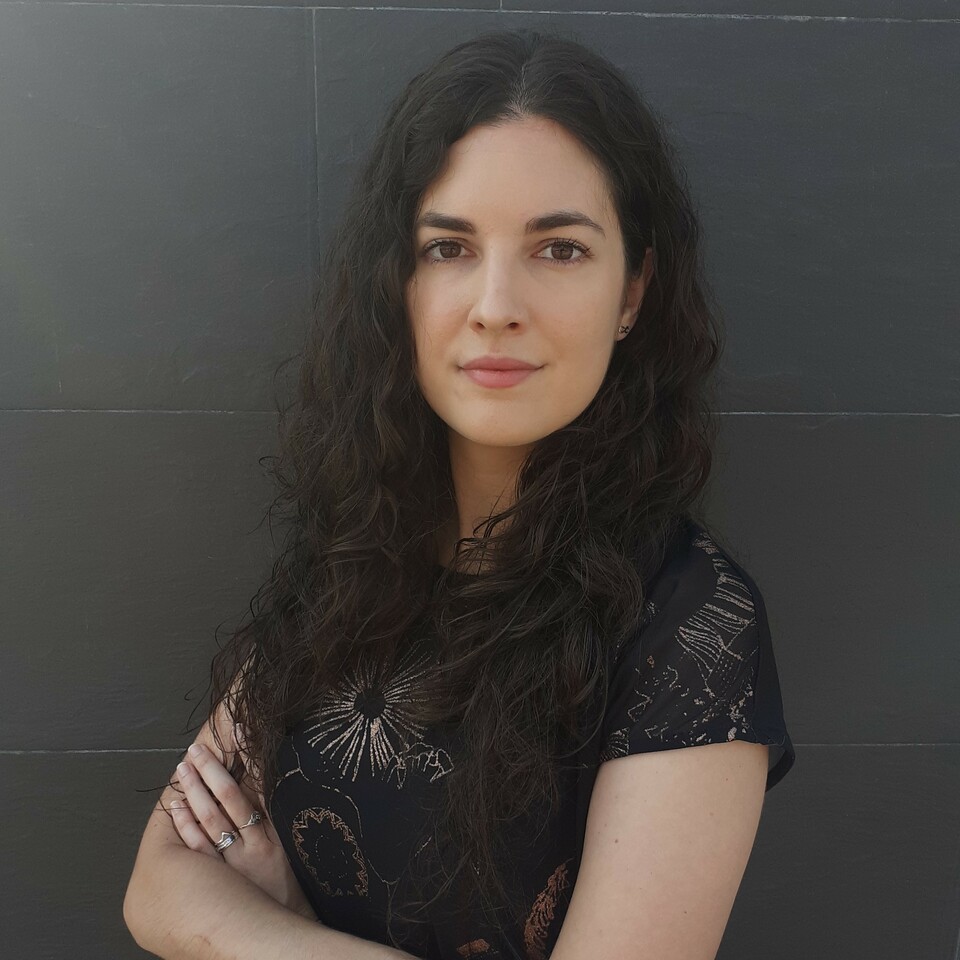
Title: The Noisy Intermediate-Scale Quantum Computing era
Abstract: A universal fault-tolerant quantum computer that can solve efficiently problems
such as integer factorization and unstructured database search requires millions of qubits with
low error rates and long coherence times. While the experimental advancement towards realizing
such devices will potentially take decades of research, noisy intermediate-scale quantum (NISQ)
computers already exist. These computers are composed of hundreds of noisy qubits, i.e. qubits
that are not error-corrected, and therefore perform imperfect operations in a limited coherence
time. In the search for quantum advantage with these devices, algorithms have been proposed for
applications in various disciplines spanning physics, machine learning, quantum chemistry and
combinatorial optimization. The goal of such algorithms is to leverage the limited available
resources to perform classically challenging tasks. HPC infrastructures will play a central
role in developing these near-term applications of quantum computers. The quantum processing
units (QPU) will be integrated in these infrastructures and become accelerators for some of
these algorithms. In this talk, I will provide a summary of NISQ algorithms, their limitations
and advantages, as well as discuss the HPC-Quantum computing integration roadmap.
Bio: Alba Cervera-Lierta is a Senior Researcher at the Barcelona Supercomputing Center.
She earned her PhD in 2019 at the University of Barcelona, where she studied her physics
degree and a Msc in particle physics. After her PhD, she moved to the University of Toronto
as a postdoctoral fellow at the Alán Aspuru-Guizik group. She works on near-term quantum
algorithms and their applications, high-dimensional quantum computation, and artificial
intelligence strategies in quantum physics. Since October of 2021, she is the coordinator
of the Quantum Spain project, an initiative to boost the quantum computing ecosystem that
will install and operate a quantum computer at the BSC-CNS.